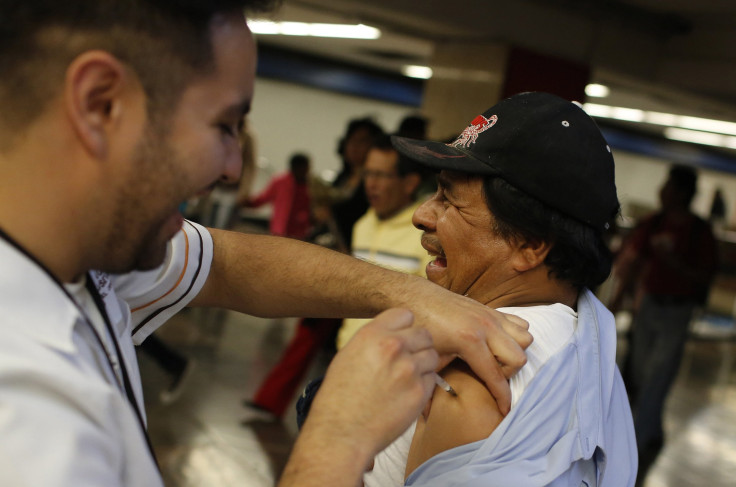Researchers believe that previous immunizations and masks play a huge role in holding down COVID-19.
It has been months since the COVID-19 pandemic hit the world but experts are still clueless as to why the coronavirus experience varies from person to person. One theory that stands out is that people with previous vaccinations are more likely to experience mild COVID-19, while those with no prior vaccinations are more likely to experience severe COVID-19.
According to infectious disease specialist Dr. Andrew Badley, looking at previous vaccinations individuals have had can offer clues as to why the severity of the disease can be very different from person to person. “When we looked in the setting of COVID disease, we found that people who had prior vaccinations with a variety of vaccines—for pneumococcus, influenza, hepatitis and others—appeared to have a lower risk of getting COVID disease,” he said.
Badley explained that through previous vaccinations, some people were able to train their immune systems to create an effective response to fight off infections. “A good analogy is to think of your immune system as being a muscle. The more you exercise that muscle, the stronger it will be when you need it,” he said.
While no definitive study has confirmed that previous immunizations boost one’s immunity against COVID-19, several researchers in the past suggested the possibility. In June, some U.S. researchers proposed giving MMR (measles, mumps, and rubella) booster vaccines to people to help prevent severe COVID-19 cases. Last month, it was also found that countries where new babies are given tuberculosis vaccine Bacillus Calmette-Guerin (BCG) have less COVID-19 mortality.
Another infectious disease specialist also claimed that masks make a difference in how people experience COVID-19. Dr. Monica Ghandi of the University of California explained that masks help reduce coronavirus infection by reducing the amount of virus that gets into a person.
“What the mask does is really reduce the amount of virus that you get in, if you do get infected,” she said. “And by reducing that, you have a lower dose, you’re able to manage it, you’re able to have a calm response and you have mild symptoms or no symptoms at all,” she added.

© 2025 Latin Times. All rights reserved. Do not reproduce without permission.



